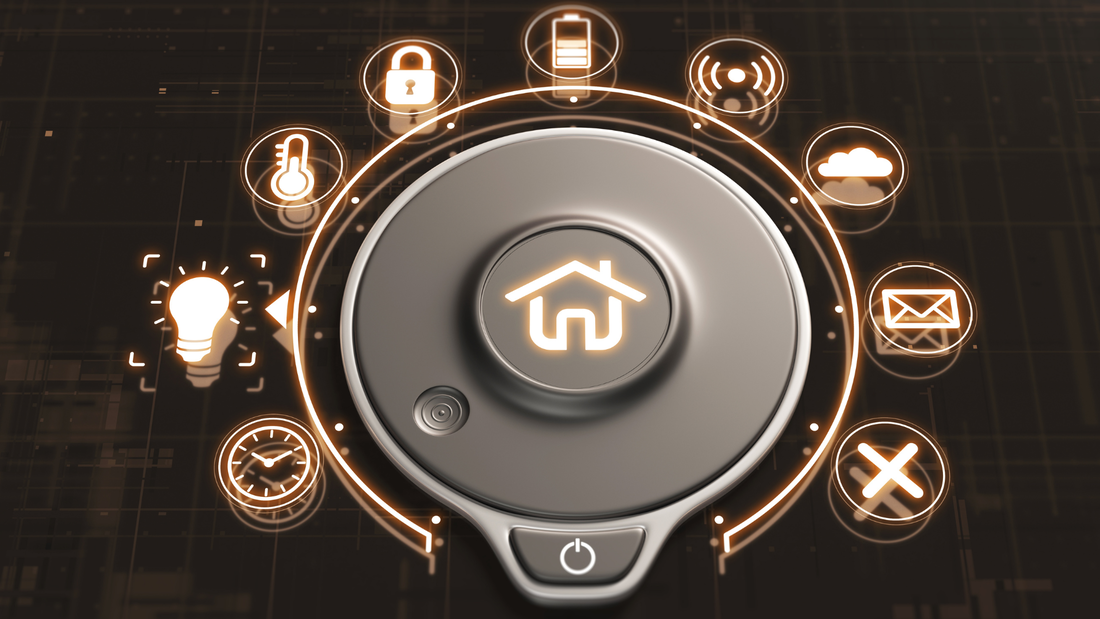|
The Internet of Things (IoT), long promised, is already here. It is happening incrementally – from coffee makers, to cars, to refrigerators – that send voluminous quantities of our personal information to the cloud. As the IoT knits together, consumers need to know how our information is being collected.
Most people are unaware that refrigerators, washers, dryers, and dishwashers now often have audio and video recording components. By 2026, over 84 million households will have smart devices, each one a node within a seamless web of personal information. But how will this storehouse of personal data be regulated? Looking ahead to the growing hazards of the near-future, Sen. Maria Cantwell (D-WA), and Sen. Ted Cruz (R-TX), introduced the Informing Consumers about Smart Devices Act. This legislation would require the Federal Trade Commission to create reasonable disclosure guidelines for products that have video or audio recordings. “Most consumers expect their refrigerators to keep the milk cold, not record their most personal and private family discussions,” Sen. Cantwell said. We would make the larger point that Americans shouldn’t have to think about what they say or do in the presence of their appliances. (Although it would be nice to have a smart refrigerator that slaps our hand after 9 p.m.) The greater issue is that all the data that apps, and perhaps now our smart appliances, extract from us can be accessed by government agencies without any need to obey the constitutional requirement to obtain a warrant. All an agency needs to do to obtain our personal information is to purchase it from a private data broker. That’s all the more reason to pass the Fourth Amendment Is Not For Sale Act. Comments are closed.
|
Categories
All
|


 RSS Feed
RSS Feed